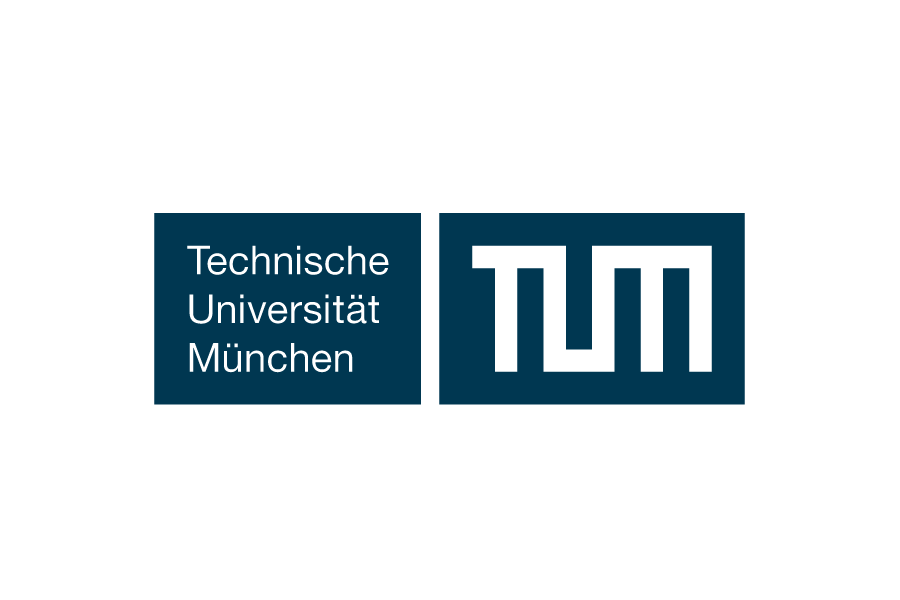
Technical University of Munich
Green Education Ranking
#21
About Technical University of Munich
Winged by its entrepreneurial spirit, and encouraged by its proven potential for progressive change, the Technical University of Munich (TUM) has become Germany’s flagship university of technology, awarded the title “University of Excellence” three times in row since the birth of Germany’s Excellence Initiative. TUM draws its strength from the research and education excellence of its seven TUM Schools and reinforces transdisciplinary innovations through mission-driven Integrative Research Institutes. In response to rapid societal change in the age of digitalization and biologization, TUM has been fundamentally reforming the concept of engineering, opening it up to natural and life sciences, medicine, business management, humanities and social sciences. People are at the heart of TUM‘s aspirations. The central mission aims to enabling diverse talent across all levels, advancing education, new knowledge creation, and entrepreneurial venturing, and shaping future labor markets aligned to society’s values and the needs of our natural environment. From a transnational community of curious, open-minded students all the way up to global alumni, TUM leverages the intelligence of the entire TUM family, mobilizes the unique Greater Munich’s science and industry network, and partners with leading global institutions.
About World Green University Ranking
World
Green University Ranking 2024 is a
scholarly acknowledgment of educational
institutions standing at the forefront of
Education for Sustainable Development (ESD) and
leading the Green Education Transformation
(Education 6.0).
World Green University Ranking classifies
universities based on the six pillars of the
Holistic Green Education Framework, including
leadership governance, curriculum, innovation,
facilities, human capital, and community
partnerships.
The methodology employed in our Green Education Ranking is designed relying on the six pillars of the Holistic Green Education Framework. Each pillar contributes to the institution’s overall score, with a carefully assigned weight reflecting its significance in fostering sustainability. The total weight of the six pillars collectively amounts to 100%, signifying a balanced evaluation across critical dimensions of Green Education. Within each pillar, various standards are carefully assessed, with weights ranging between 1 and 2, emphasizing the varying importance of each criterion. This nuanced approach ensures a holistic evaluation and offers an insightful measure of universities commitment to Green Education Transformation (Education 6.0).
| # | Six Pillars of Green Education Framework (6Gs). | Weight |
|---|---|---|
| 1 | Green Educational Leadership | 14% |
| 2 | Green Curriculum | 17% |
| 3 | Green Innovation and Research | 19% |
| 4 | Green Facilities | 15% |
| 5 | Green Human Capital | 19% |
| 6 | Green Communities | 16% |
| Total | 100% |

